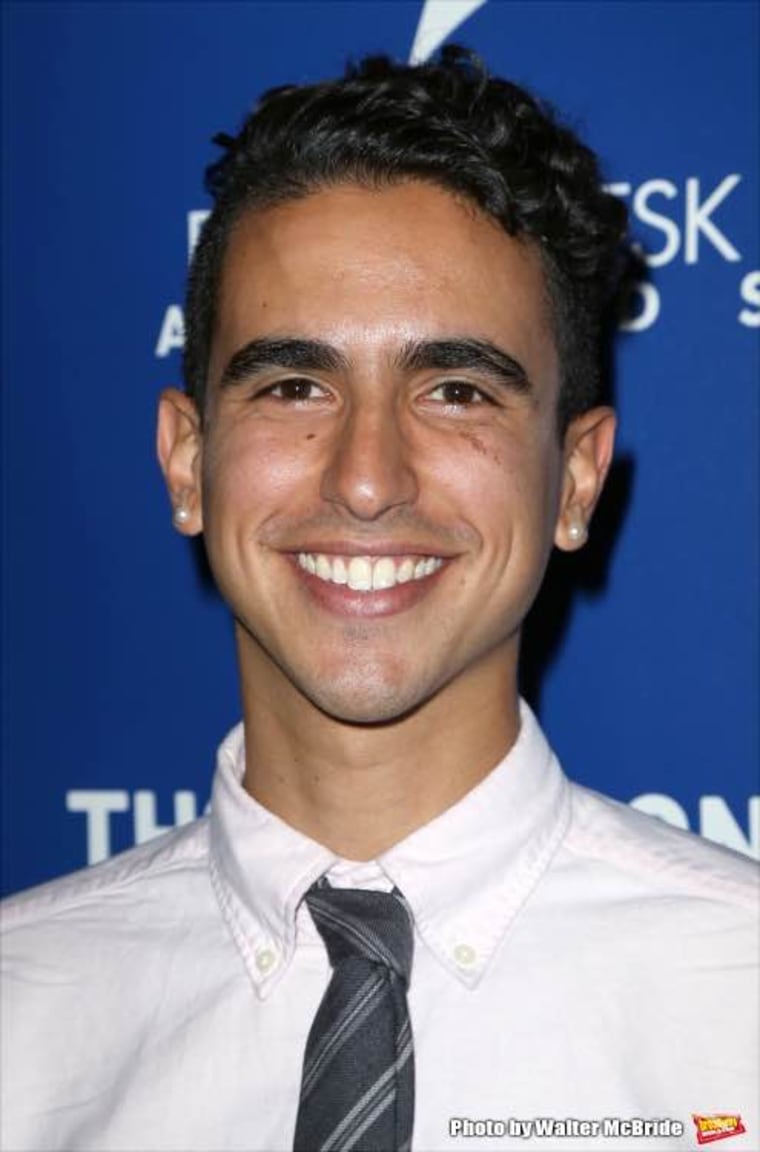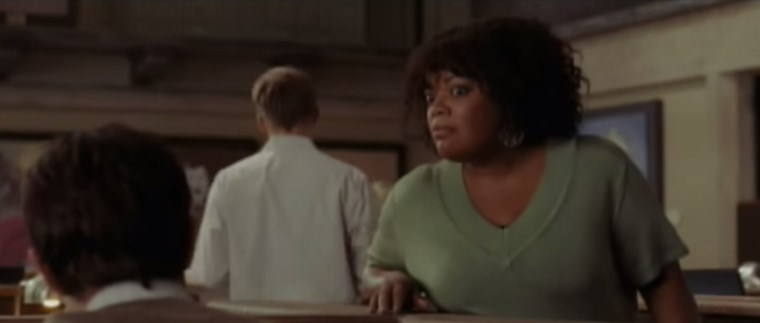One actor has re-edited feature films to make a point about how few lines actors of color often receive. As a result, most of the two hour films are now under a minute long.
For the past few weeks, Dylan Marron has been uploading videos to YouTube as part of a series he calls Every Single Word. For each video, he returns to movies that he loves, scouring for the moments when non-white actors have speaking roles.
He told NBC News that the project has been “eye opening" for him and said he "didn't know how scarce these roles were” until he started creating the videos. “I didn't even notice until later, that’s one of the craziest things. Although I would think about it later, I didn't immediately leave Spike Jones’ Her saying 'ugh there were no people of color.' That's why this is insidious. We are so dazzled by the entertainment and storytelling, we don't realize the unconscious coding is happening.”
From a young age, Marron has had a passion for acting, but he has also understood how his race could hold him back in a white-dominated industry.
“Third grade I went to an open casting call for Home Alone 3. I just remember...feeling like ‘what was I doing there?’ and it was one of the first moments that I realized that I was different and that difference was going to affect something.”
This discrimination followed him as he grew older. Agents have continually told him that there are “not a lot parts out there” for him. Through these experiences, however, came the idea for Every Single Word.
RELATED: Op-Ed: And the Oscar Goes to... White Men
He doesn't want to call out specific people with this project, but instead critique "a system that has perpetuated that universal themes should be acted out by white people and, only with a Black or Latino or Asian story, can we bring in the people of color."
RELATED: Richard Pryor Called the #OscarsSoWhite Before Twitter
To demonstrate this inequality, he chose movies for his series that had nothing to do with race. He hoped the videos would force people in the film industry and beyond to ask themselves a question: “Why, for stories that are about basic human feeling, is the go-to to cast white people?”
As he thinks about how to continue the series, he told NBC News that he was looking toward genres like romantic comedy and science-fiction/fantasy.
“There is a real scarcity of roles for people of color in romantic comedies, sci-fi, and fantasy," he said. "Especially with sci-fi and fantasy, none of that is grounded in reality and if you’d like me to take a leap that we’re a thousand years in the future and we breathe fire, then I can go with the leap that's there going to be a mix of races in the story.”
Marron is excited by the media attention surrounding his project, but he wishes that racial discrimination simply did not exist so he could focus on his work. “I’d much rather be telling stories, rather than highlighting a hole in how mainstream stories are told.”
Despite the success of his series, Marron believes strongly that it will take a village to create the lasting change necessary in Hollywood.
“One piece of art is not necessarily going to change it, but using your voice can, however you've trained your voice. I have trained my voice as an artist, others have trained their voices in policy and others in law...I can never take the full credit for this project, I have simply found a way to express it. You need collaboration to spark activism.”
RELATED: Inside the 2015 American Black Film Festival

